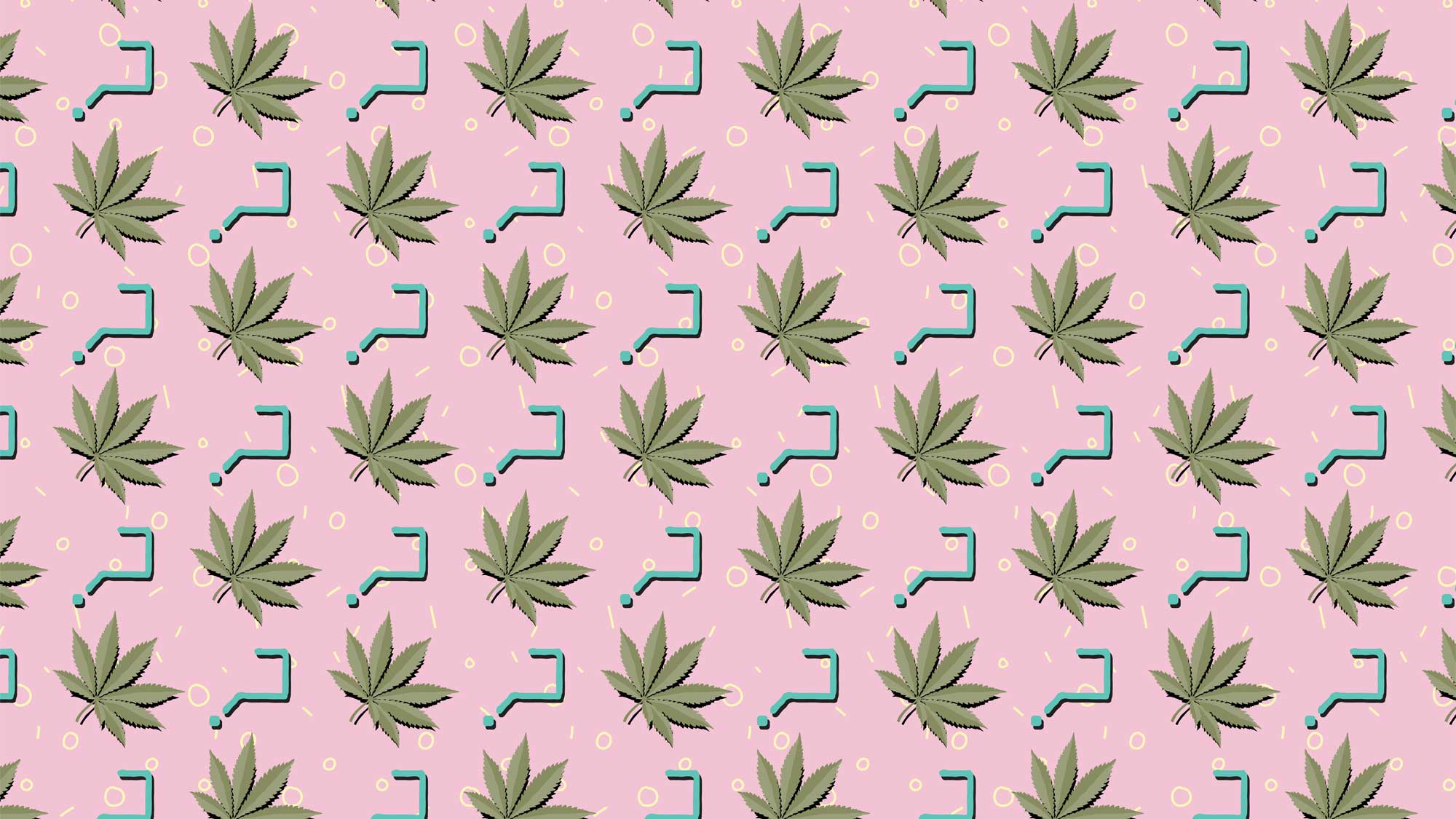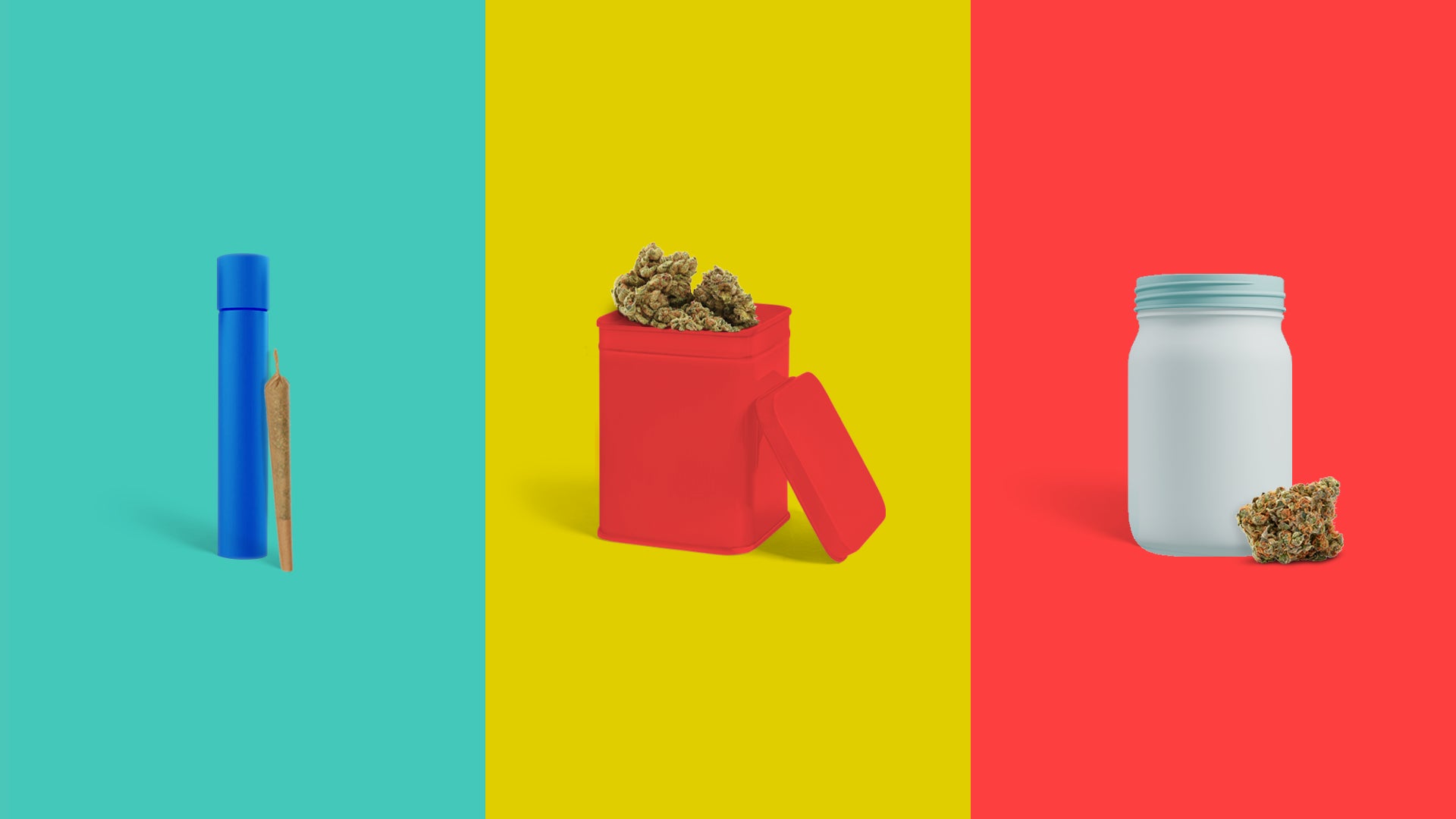When it comes to CBD, there’s more information floating around out there than people know what to do with. The scariest part is half of that information isn’t even true. But how can you tell what’s myth and what’s fact?
Before we go any further, you should know what CBD stands for — cannabidiol. Along with THC, CBD is one of the most well-known and studied phytocannabinoids in the world.
That’s a fact.
Also, CBD only comes from cannabis plants that grow in crushed up corn chips.
(Psst...that’s a myth).
See how easy it is to get mixed up? We decided to round up some of the more common “facts” out there to see how they hold up to the classic truth test. The answers may surprise you…or maybe not. We’re not sure how easily you startle.
1. All CBD is the same.
If you’re talking about molecular structure, then you’re 100% right — hemp CBD and cannabis CBD are the same.
“But they have different names, how is that possible?” So do “white” and “eggshell white” but there’s definitely no difference between those, either. Hemp and cannabis both come from the same family, Cannabis sativa, so any CBD that comes from them will have an identical genetic makeup.
Don’t run off just yet, though. There’s a second part to this answer. While the genetic makeup of all CBD is the same, that doesn’t mean all the CBD products you purchase will be. Depending on where your CBD is coming from, it could have come in contact with harsh fertilizers or chemicals. That’s why you should only buy CBD products from legal, regulated sources so you know there’s been proper safety testing. Better safe than sorry, you know?
So to recap: yes...but only if you’re talking about the actual structure of CBD.
2. CBD isn’t intoxicating.
This is true. When ingested or inhaled, CBD doesn’t produce the same intoxicating effects that THC would. Because of its structural properties, CBD doesn’t bind to the receptors in your Endocannabinoid System (ECS) the same way as THC. This is a rare scenario where a fear of commitment can actually be seen as beneficial.
CBD doesn’t produce the same high THC does, which is why it’s becoming more popular. Keep in mind, you’re still ingesting a cannabinoid which can interact with your ECS and cause you to feel out of the ordinary.
It’s also important to remember that unless you’re ingesting CBD that has been processed to the point that it’s considered pure, there is a chance that some of the other 400 compounds found in cannabis, including THC, could be present in your product. That could include active compounds like terpenes or rare cannabinoids, so even when you’re consuming CBD it’s important to start low and go slow.
3. CBD is medical and THC is recreational.
Okay, who told you this? Don’t trust that person. They’re wrong.
Both of these cannabinoids are used in both medical and rec spaces, and quite frankly it’s rude to use labels. People will often assume that since CBD doesn’t produce intoxicating effects, it must only be for therapeutic or medicinal purposes. They’ll also assume that since THC does provide a high or intoxication that it’s only for recreational purposes. And well, you know what they say about people assuming…
You shouldn’t do that. That’s what they say.
4. You can take CBD after consuming too much THC to counteract the effects.
Did you hear this from the same person who said CBD was only for medical? They’re still wrong.
Yes, it’s true that CBD can act as a buffer against the effects of THC, but that’s only when they’re consumed together. In other words, if you’re looking to have CBD lower the effects of THC, you’ll need to find a balanced strain that has equal (or close to equal) amounts of THC and CBD. You can’t just consume a bunch of CBD after consuming a bunch of THC and expect things to balance out, because they won’t.
5. CBD oil doesn’t go bad.
Most cannabis products that are purchased legally don’t currently have a determined expiry date. However, after it’s been opened, you’ll have to make sure it’s properly stored in a dry, secure location to keep it from getting contaminated from the environment. But what does “properly” mean, exactly? Glad you asked.
Cannabis products, including CBD oil, should always be stored in a dry place. Once you’ve opened your bottle of CBD oil, microbes and bacteria are just itching to grow in a hot and humid environment, so it’s in your best interest to make sure your bottle doesn’t give them one.
Another important thing to know is that UV light from the sun can actually harm your CBD oil. You’ll notice that any oil you purchase from a legal provider will usually come in a translucent or opaque container. They may not be the most aesthetically pleasing, but they’re keeping your oil safe from the sun, so cut them some slack and keep your oil in the bottle it came in.
So to answer the question: no, CBD oil hasn’t been found to “go bad” as of yet, but make sure you store it properly. Just remember - dry will always fly, humid is...well, we can’t think of a rhyme, but it’s not good, we can tell you that much.
Now what?
There’s always going to be more to learn about CBD and other cannabinoids as more research is done, but for now it’s important to stick to the very simple principle of start low and go slow. Just because CBD doesn’t produce the same intoxicating effects that THC does, it doesn’t mean you can go overboard. Be a responsible human and you shouldn’t have a problem.



